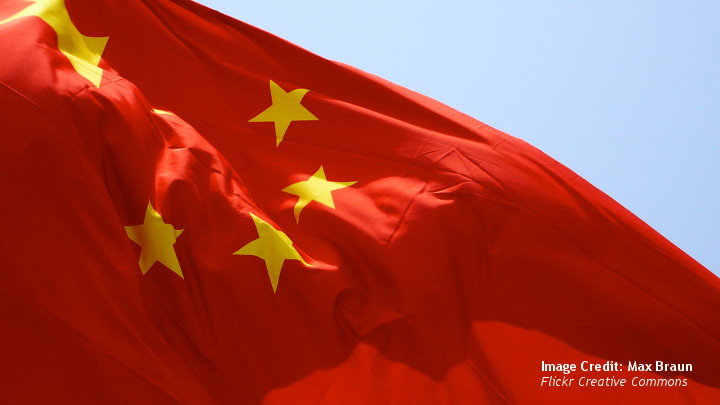Human Rights as a Policy Tool in Asia: Hypocrisy or Commitment?

Niklas Swanström
Introduction
The human rights situation in Asia has been in a steep decline over the last few years, from Myanmar’s attacks against students and the civilian population, China’s offensive against civilian and religious communities in Xinjiang and Tibet, Hong Kong, to longer-term concerns in North Korea, Laos, and several other countries. Recently, China has received a lot of attention in the media and in policy discussions, with a focus on the re-education camps and the deculturation of the Muslim communities in Xinjiang, the crackdown on the democracy movement in Hong Kong, and the plan to nominate its own Dalai Lama in an effort to delegitimize the exiled Tibetan government. This is, of course, something that the Chinese government has vigorously denied and referred to as China’s own domestic affairs.
The full paper is available on ISPI’s website.